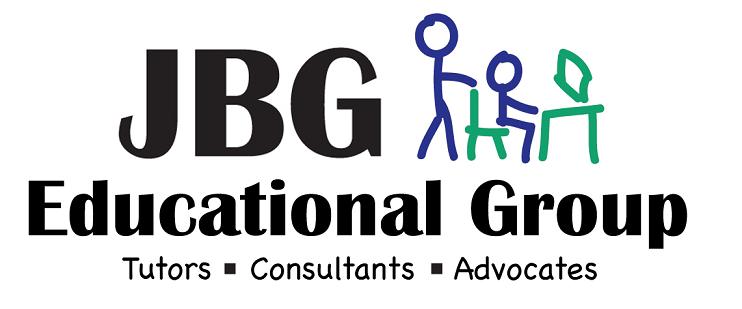Parents commonly face the dilemma of choosing a public or a private school for their children. You may ask, how do they compare? There are many differences between the two, including facilities, class sizes, the teaching staff, budget, and prestige.
When it comes to facilities, public schools often range based on the town they are located in. If you live in an area where the public school is in good shape, then it may not be too different from a private school. However, for those who live in an area where the local public schools are mediocre, it may be better to attend a private school, just for the advanced facilities.
Private schools often have alumni who donate money that adds to the budget and further enhances the attributes of the school. Sometimes, thanks to endowments, private schools look more like a state-of-the-art university than a high school. This can be a huge edge when comparing a private school to a low budget public school with less than acceptable amenities.
When it comes to class size, public schools enroll every student that lives in the area. This can lead to large class sizes and overcrowding, depending on the area. Private schools, on the other hand, usually have a competitive admission process and therefore accept fewer students and have smaller classes. This can provide more individualized attention for the students, and can create stronger relationships between the students and faculty.
Many have the notion that teachers at private schools have better credentials than public school teachers. That is not necessarily the case, as every school varies. It is best to look at the teaching staff at both the public school and the private school you are considering to determine which environment is the better match. Most teachers in Massachusetts that teach in the public schools are REQUIRED to pass licensing exams (MTEL), and have (or are working towards) a masters’ degree. As private schools are not required to conform to state standards, teachers in this setting often have a range of degrees and experiences.
Local property taxes support the bulk of public education. Private schools rely on tuition to support their budget, which can always be raised. Private schools usually have much higher budgets thanks to generous alumni donations and high tuitions. A higher budget translates to more money towards sports teams, science programs, field trips, and music instruments. The budget really can affect a student’s education, mainly if the school’s budget is low, certain programs or benefits are cut all together.
It is really a personal choice as to what type of high school you want your child to attend. If you live in a great area with respected public schools, we don’t believe it will hinder the education of your child.

No comments:
Post a Comment